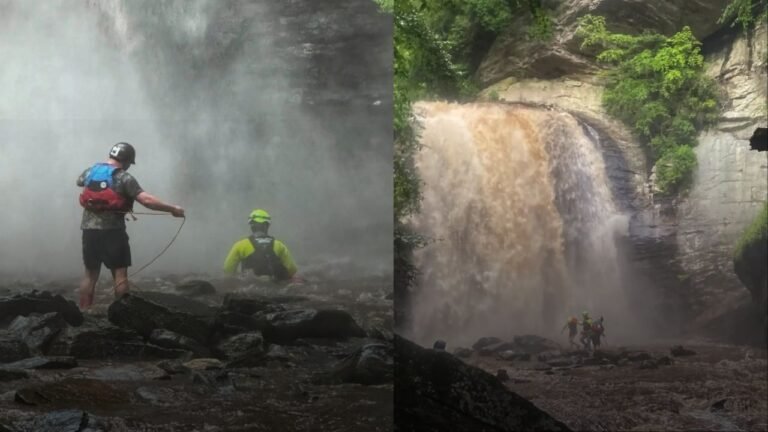North Carolina’s 2025 Vacation Rental Law Requires Human Trafficking Training for Hosts and Staff
RALEIGH, N.C. — A new North Carolina law now requires vacation rental hosts and their employees to complete human trafficking awareness training and adopt formal reporting protocols. The mandate took effect on July 1, 2025, and applies to both new and existing short-term rental properties across the state.
The legislation, passed as House Bill 973, adds critical amendments to the state’s Vacation Rental Act. The law was designed to close a major gap in lodging safety, especially in areas like Asheville, Outer Banks, and Charlotte, where short-term rentals are booming and remain vulnerable to trafficking activity.
The North Carolina Real Estate Commission confirmed the full implementation timeline in their official July 2025 bulletin.
Who Must Comply?
The law applies to:
- Vacation rental managers
- Check-in/check-out staff
- Housekeeping teams
- Maintenance and food service workers
Anyone working on-site or in coordination with a vacation property must complete approved trafficking awareness training, according to the North Carolina Department of Labor.
New rentals listed after July 1, 2025 must complete training immediately, while existing properties have until June 30, 2027 to comply. After initial certification, training must be repeated every two years.
Training Options and Cost
The North Carolina Human Trafficking Commission is working in partnership with the NC Department of Labor and the Restaurant & Lodging Association to offer approved training materials. These are available free of charge online or in person.
Retail platforms such as Airbnb and Vrbo must also ensure property owners have met training requirements before allowing listings to go live. More details were published in this compliance update from NC Labor.
Mandatory Reporting Procedures
Along with training, every vacation rental operation must develop a written procedure for reporting suspected trafficking activity. Staff are required to notify either local law enforcement or the National Human Trafficking Hotline (1-888-373-7888).
These reporting policies must be documented and made accessible to all employees, as detailed by the Real Estate Commission’s July advisory.
Signage and Recordkeeping
Rental managers are also required to post visible signage about human trafficking awareness, including hotline information, inside their properties. This is in line with North Carolina’s larger efforts to expand public awareness through mandated notices in workplaces and lodging spaces.
Managers must maintain training records for a minimum of three years, including:
- Staff names
- Training dates
- Course details
These records must be made available for review during compliance checks, according to NC Real Estate Commission guidelines.
Penalties for Non-Compliance
If property managers fail to comply, they could face:
- $500 fine for a first offense
- $1,000 for a second offense
- $2,000 for each subsequent violation
Falsifying training documentation could also result in charges under the Unfair and Deceptive Trade Practices Act, opening the door to civil lawsuits or business license suspensions.
Why North Carolina Is Cracking Down
In 2023, North Carolina ranked 10th nationwide for human trafficking cases reported to the national hotline. Officials say short-term rentals have become a loophole for traffickers, as they often lack the oversight found in traditional hotels.
An in-depth investigation by WRAL News found that traffickers often prefer private homes because they’re more discreet and lack staff oversight. Advocates praised the new law for increasing accountability without putting excessive burden on property owners.
What Hosts in Saluda and Surrounding Areas Should Know
If you operate a vacation rental in Saluda, Brevard, or Western NC mountain communities, you are legally responsible for:
- Completing training (for you and your workers)
- Setting up a reporting plan
- Keeping training records
- Posting signage about trafficking awareness
Local property managers say the state offered ample warning. “We were told about this last fall and finished training in March,” one Saluda-based rental owner told Saluda Standard-Sentinel. “We support anything that keeps guests and communities safer.”
Are you a North Carolina short-term rental host adjusting to this new rule? Has training helped you identify risk situations or revise staff protocols? Share your experience with us at SaludaStandard-Sentinel.com. Your input could help inform others working to stay compliant.







